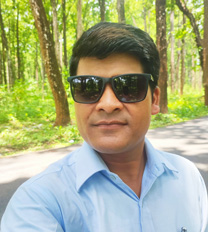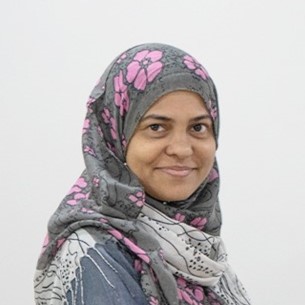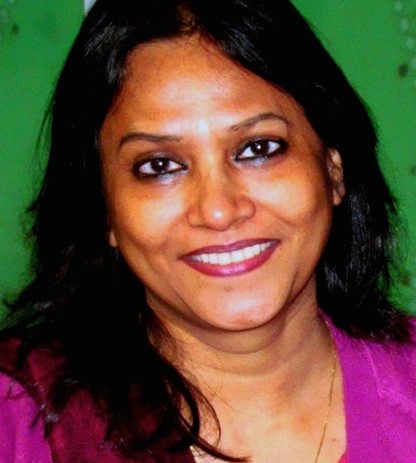
Q&A with Rowshan Jahan Moni
In this interview, Rowshan Jahan Moni is being interviewed by Landesa’s sustainable land use and livelihoods specialist and project technical lead Corey Creedon.
Established in January 1991, the Association for Land Reform and Development (ALRD) is a national advocacy and networking organization in Bangladesh dedicated to advancing land rights and agrarian reform. ALRD empowers marginalized communities by advocating for their access to and control over land, water, forests, and natural resources. Under the Women-led Collective Advocacy for Climate Action project, ALRD works with marginalized communities in four locations in Bangladesh, including support for landless women and the Indigenous Munda community. ALRD builds the capacity of communities to address climate change adaptation, disaster risk reduction and advocates with local government bodies, especially Union Disaster Management Committees (UDMCs), to support marginalized and Indigenous Peoples during and after a disaster and address the impact of climate change.
Q: What are the key climate-related risks faced by communities and in particular women in your country?
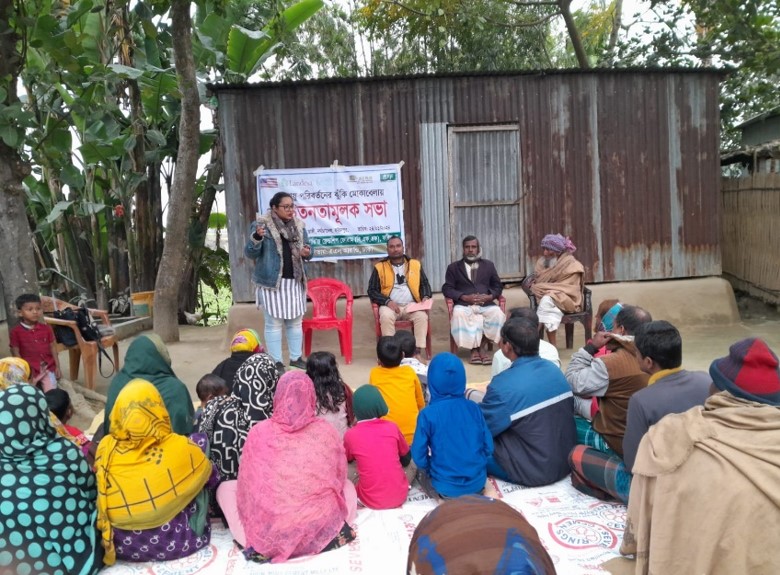
Q: What role do land rights and sustainable land-based solutions have in combatting these challenges?
Q: Explain the work of this project and the approach of working with coalitions, capacity building, and advocacy. What makes this approach so meaningful or impactful?
At the beginning of the project, a national Country Coalition was formed. The project is currently working to leverage the national climate action coalition, building capacities of CSOs and communities, and facilitating awareness raising events to advocate for closing the gap on women’s land rights in national policies, as well as organizing events and opportunities to elevate women’s leadership in the context of climate action.
The coalition is working across local, national, and regional contexts to disseminate information, facilitate multi-way learning and sharing with peer coalitions in other countries. The coalition is also working with CSOs in Bangladesh to disseminate information at the community level through capacity building workshops and advocacy events.
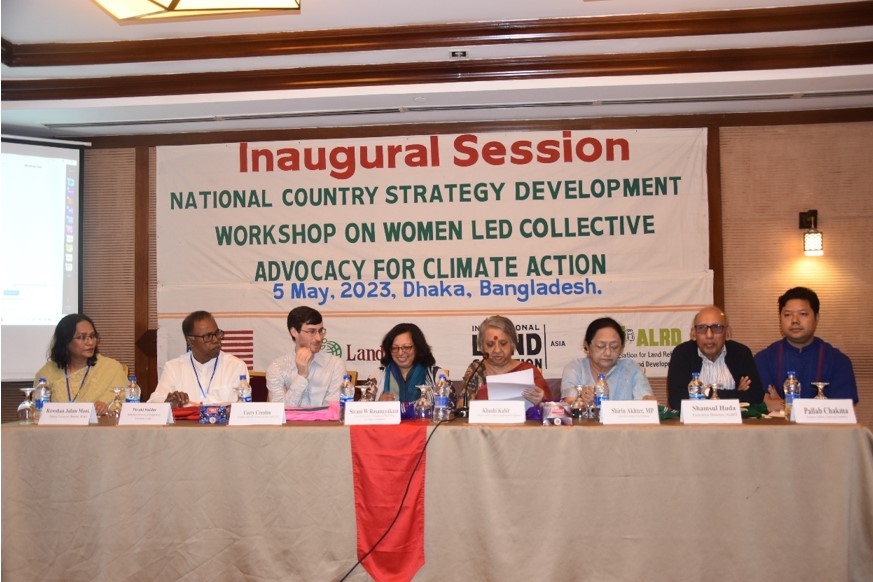
Q: How have coalition building and collaboration helped to advance your work?

Q: A cornerstone of this project is to advance women’s leadership in climate action and to strengthen and sustain women-led civil society organizations. Can you reflect on that approach and why it is important to center women’s voices in collective action on climate change?
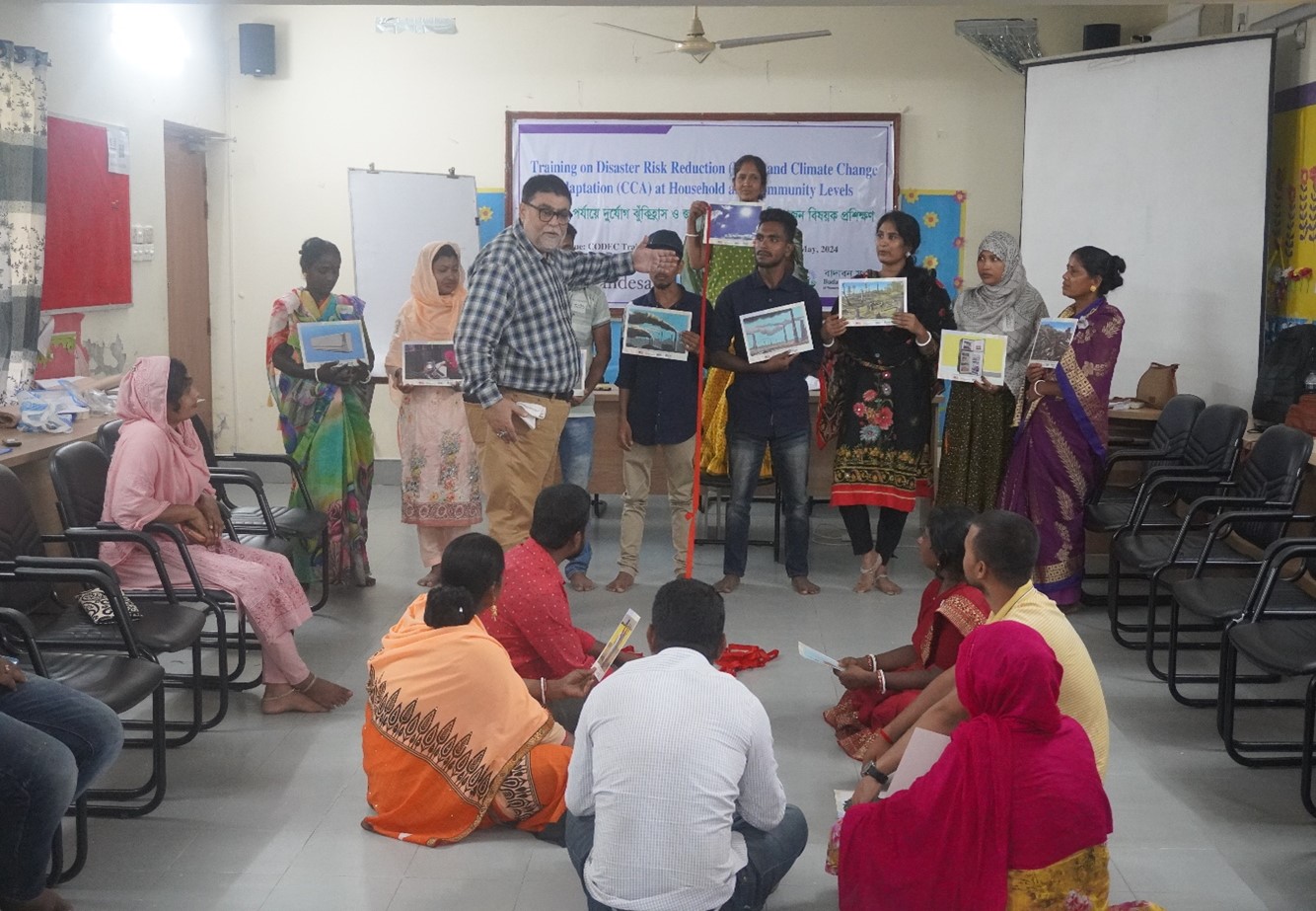
Q: What is one piece of advice you would offer to other organizations interested in working at the intersection of climate, gender, and land rights?
